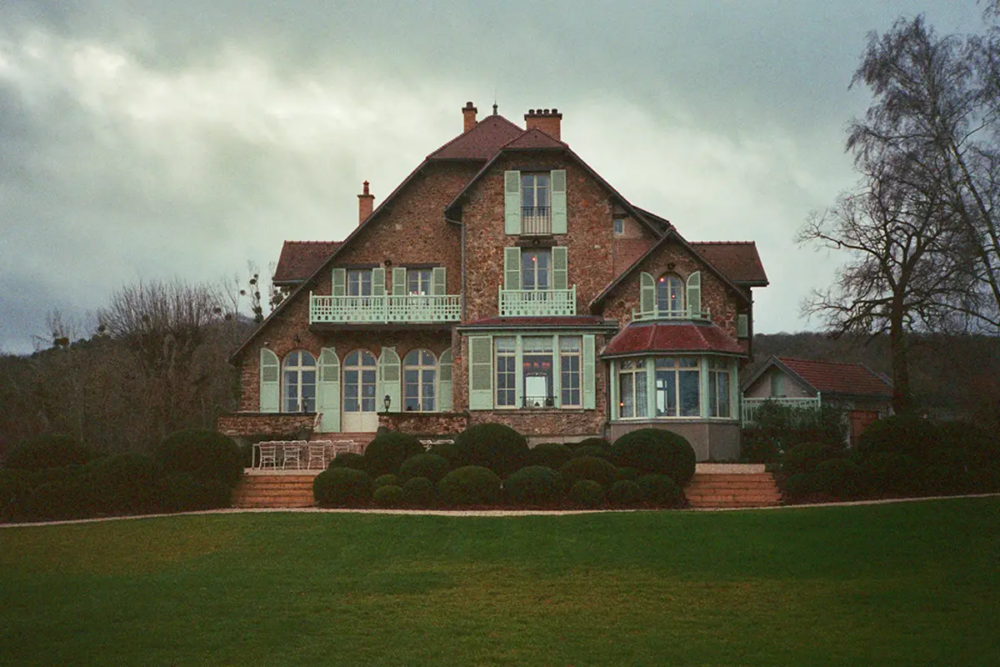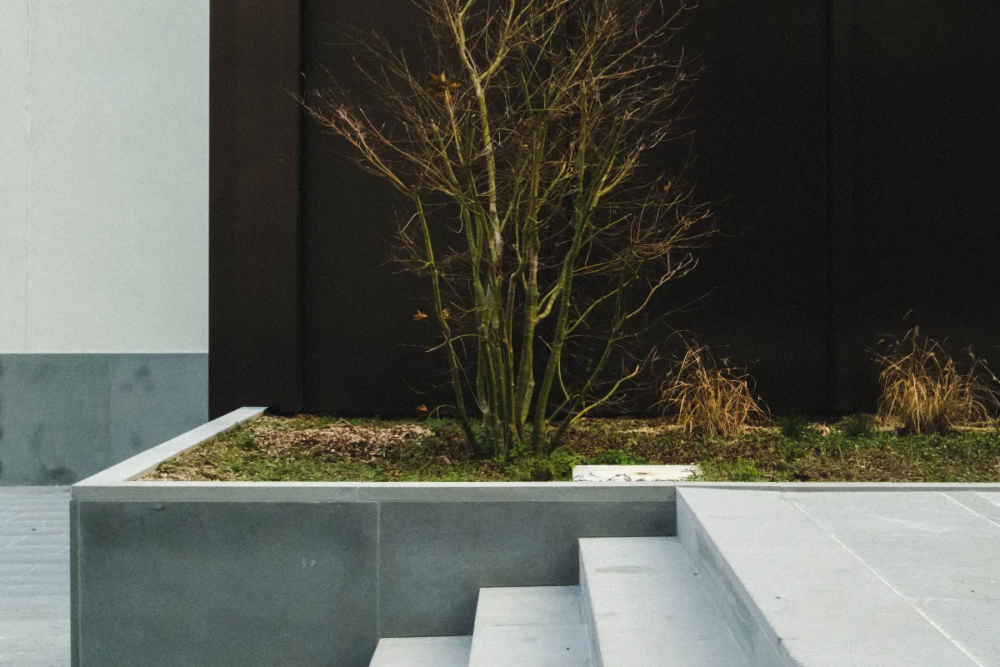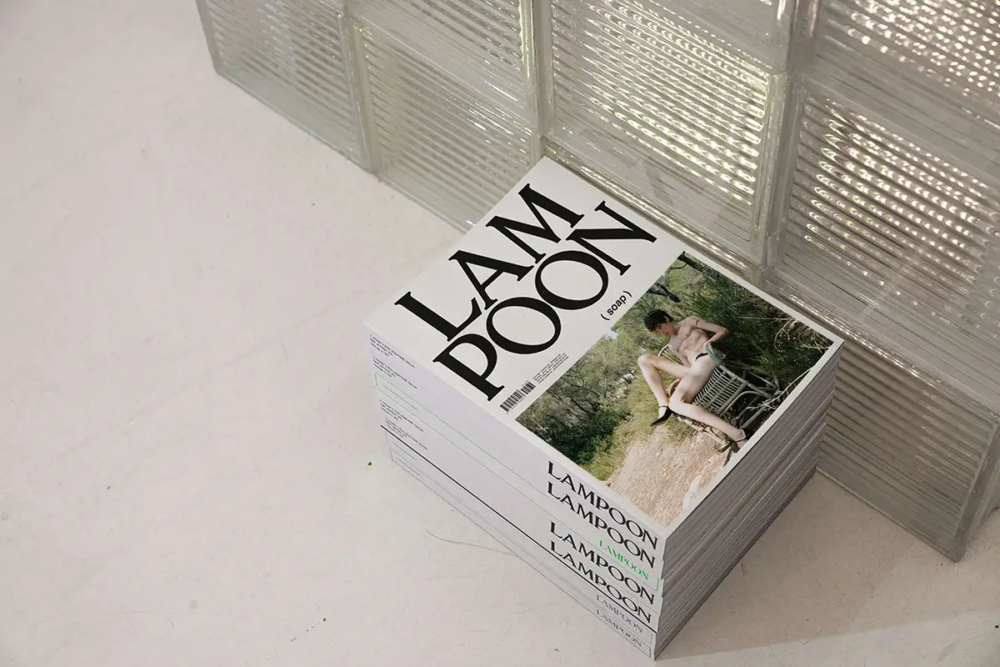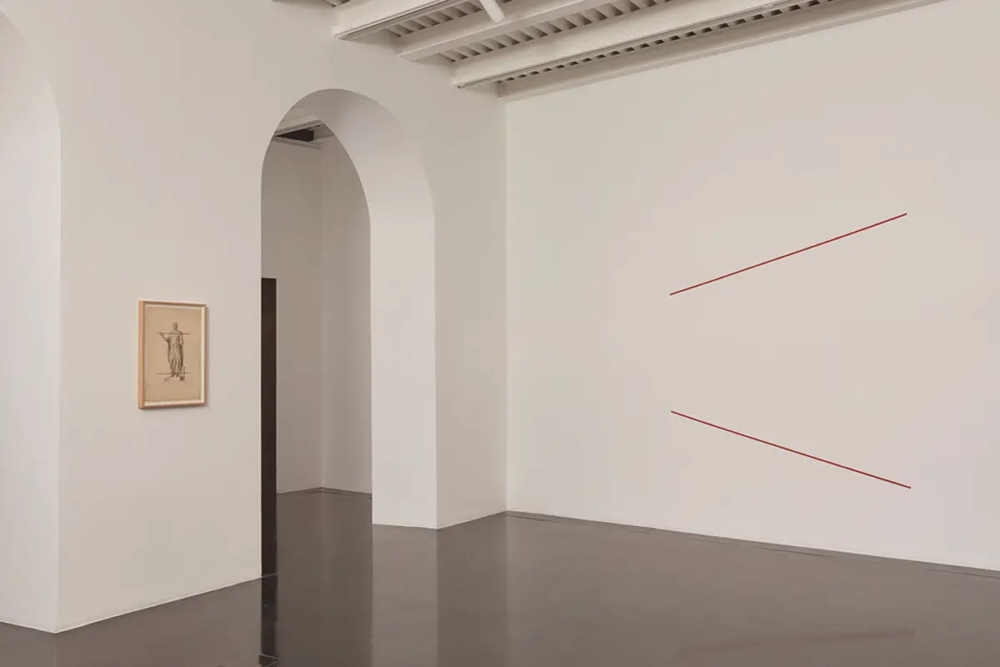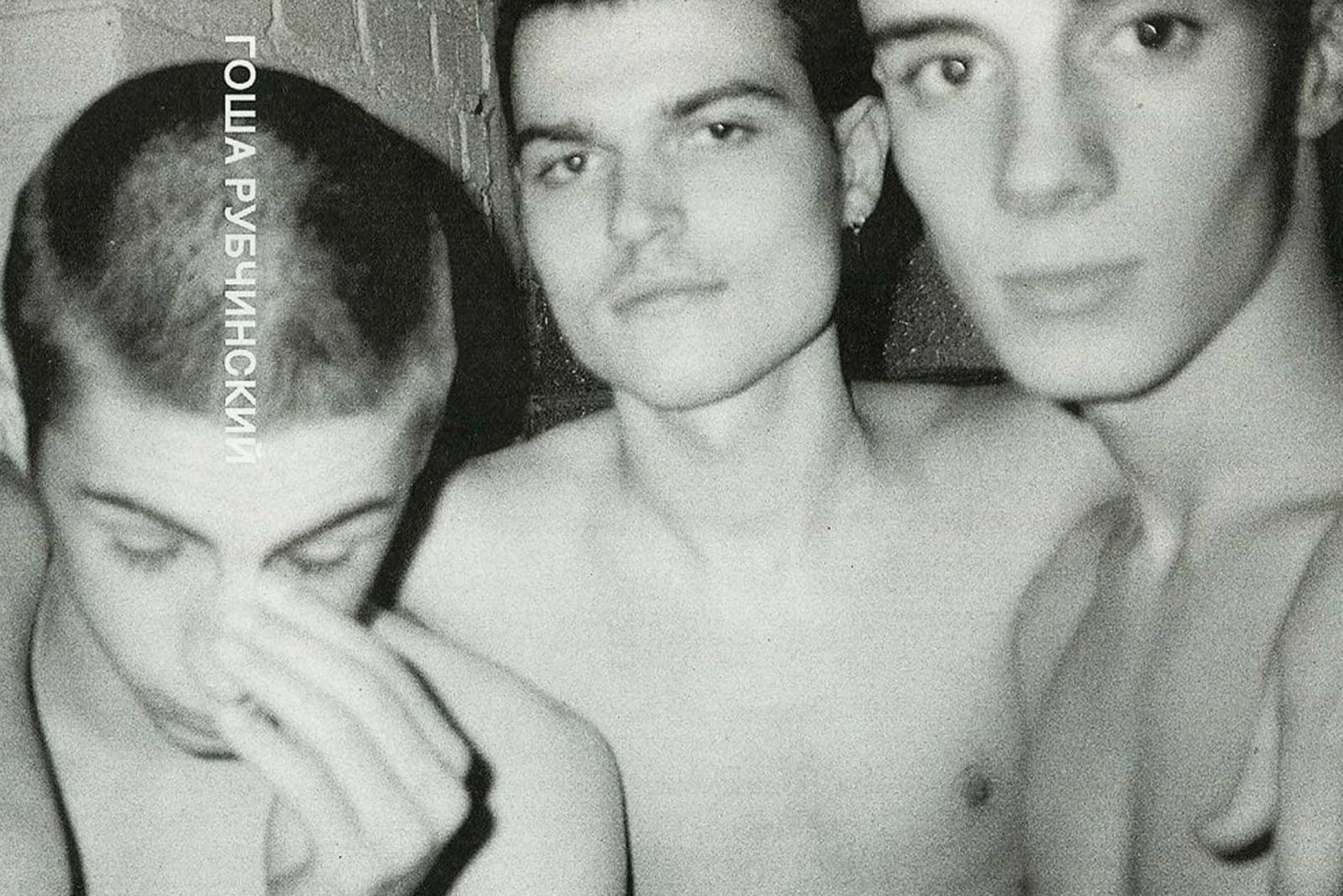
OMMU, Athens: A Nomadic Bookstore Bridging Art and Publishing
“There was a scarcity of creative materials in Greece. Our involvement in the local scene prompted us to showcase work produced here to people both inside and beyond the country”
OMMU – A bookstore and publisher
Continuing their nomadic existence, OMMU now operates from the home of its owner, Marina Legaki, who turned forty this year. She founded OMMU in 2010 alongside her business partner, Tasos Gkaintatzis. OMMU reflects the vibrant artistic spirit that persists in Greece, carrying titles in art, design, architecture, and various magazines. Serving as a platform for community-building, OMMU acts as a meeting point for creative minds.
Coming from different backgrounds—Legaki in psychology and Gkaintatzis in photography—they pooled their artistic resources and formed a coalition with peers to establish their zine, Dynasty. The zine covered fine art and music, inviting musicians to submit tracks that were burned onto discs and attached to the publication’s back cover. This collaborative effort brought together artists, contributors, music producers, and the Dynasty team.
“It began in 2005. Tasos and I teamed up with friends who were still studying at art school in Greece,” explains Legaki. By harnessing social media, she and Gkaintatzis broadened their global network in the creative scene. “We got to know creators from Turkey, England, Germany, and North America. We exchanged our work and built a community.” While collaborating with Gkaintatzis at an art gallery and running the zine, Legaki also worked at a non-governmental organization that assisted refugees.
Drawing on these experiences, Legaki and Gkaintatzis steered OMMU one step at a time. Their first store debuted as a pop-up at AMP, an art gallery, making use of the creative network they had built across Greece. “We evolved from the pop-up in the gallery into a full-fledged outlet. I then left my position at the NGO and focused on the store and our participation in book fairs.”
OMMU’s store inception
The pop-up shop opened in 2009, running for about a month from mid-November to the end of December. It inspired Legaki and Gkaintatzis to launch OMMU the following June. The name OMMU is entirely invented. Legaki points out that while it has no direct meaning, it resembles the ancient Greek word omma (ὄμμα), meaning ‘eye’. “It looked appealing and was easy for customers to remember. Design-wise, it helped us stand out.”
Legaki and Gkaintatzis met through mutual friends, brought together by their shared love for the arts. Legaki explains that OMMU’s philosophy aimed to foster independence in art and expand Greece’s creative scene. “There was a shortage of creative materials here. Our engagement with the local community spurred us to highlight work produced in Greece, for audiences both here and abroad.”
She adds that she and Gkaintatzis worked to spread creative knowledge by distributing publications in Greece and parts of Europe. In doing so, they bridged artistic communities. Acting as independent publishers, they spotlighted the work of Greek artists and shared those publications at the book fairs they attended. “We returned everything we had to the people. Sharing what we knew felt necessary.”
Their desire to showcase new discoveries has continued over the years, fueled by ongoing research into the arts. Since its founding in 2010, OMMU has taken a nomadic path, moving through three different locations over a decade. Legaki describes how their first space was a modest shop containing a single bookcase and a bare wall for exhibitions.
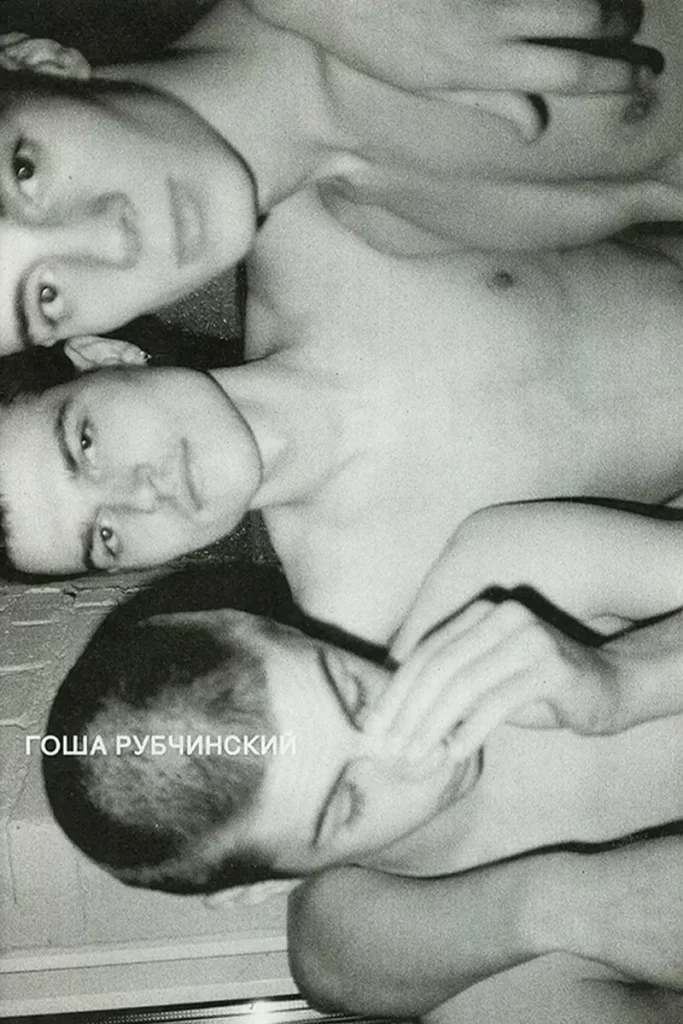
Lampoon review: The spaces at OMMU bookstore
“The space encouraged us to host exhibitions. The Nieves Library was our launch event, using the bare wall opposite the bookcase.” A few years after OMMU’s inception, Legaki and Gkaintatzis left that first spot for a bigger second location. Spanning eighty square meters, the second site combined an art gallery with the bookstore.
Shelves and displays accommodated books, artwork, and photographs. Rather than sorting publications into clear categories, the owners let different genres mingle on the shelves. Occasionally, thematic displays would group items in architecture or design, inviting customers to explore the store more fully.
They remained in this second space for five years before relocating to their final location, aiming for more intimacy amid a global economic downturn. “Moving on to the last location was necessary,” says Legaki. “I had gone back to my old job at the NGO, and juggling that with running the store was a lot of work. We took the shelves and books with us, but left the gallery behind.”
Their last venue—a fifty-square-meter store—featured vintage shelves and a display case sourced from a local bookstore owner. A wall of windows allowed natural light to illuminate the interior. Although each site had its own personality, Legaki notes that parting ways with them was always difficult, yet it also fueled the search for a future home.
OMMU’s last physical store in Romantso
For the final physical location, an office in Romantso, Legaki and Gkaintatzis collaborated with local creatives. Open by appointment only, they managed their other jobs alongside OMMU.
Over time, OMMU’s owners worked with several designers to develop concept furniture. Collaborators included Design Marketo (UK), Lars Freeden, Manuel Raeder, and ROLU. “We cherish our project with ROLU,” says Legaki. “We directly contributed to the design process, curating the final pieces. Those items were part of the store and available for purchase.”
Collaborating with designers was key to OMMU’s identity. In their second store, the gallery featured work by artists from Greece and other parts of Europe, displaying ceramics, paintings, and photography. “It was an unstructured initiative with no official roster. Our goal wasn’t to sell the artwork but to offer it for people’s education and enjoyment.”
As a self-sustaining enterprise in Greece, OMMU collaborates with other independent bookstores in the area while remaining dedicated to the arts. They carry titles like Purple Magazine, KARMA, and RE/Search, along with works from publishers like Kingsboro Press and Koenig Books. Influenced by their environment, OMMU absorbs and channels knowledge into their daily operations, sharing insights with a growing audience.
OMMU’s participation in fairs and projects
Through years of attending book fairs and undertaking collaborative initiatives, OMMU has carved out its own distinct identity. “Our work revolves around building contemporary art. Bookstores here, even if self-funded, mostly offer mainstream Greek-language titles. Our selection is more niche,” explains Legaki. Personal interests also guide their artistic direction, shaped by their close circle of friends.
Their publishing venture arose when Legaki noticed an underrepresentation of certain creators in Greece. OMMU’s publishing activities happened somewhat spontaneously, as when Legaki discovered the work of artist Juan S. Puyal in a UK-based fetish magazine. “We contacted him and learned he hadn’t published any of his art. So we helped him do it.” They extended this support to other artists, including Peter Shire and Cali Thornhill Dewit.
Legaki and Gkaintatzis choose collaborators by researching their practice and output, assessing how both sides can benefit. Their work with Shire and Dewit emerged from this approach.
A back-and-forth process led to two books: Shire’s Tea Pot in Tempest, On the Spot, a blue hardcover of drawings, and Dewit’s Finding the Family Gun, which integrated creative contributions from both artist and publisher. Its striking color palette, paper selection, and distinctive wire binding made it stand out. “We selected that binding style to differentiate the book,” Legaki says. “Inside, we compiled photographs and artwork spanning his life.”
OMMU
Anaxagora 3-5, Athina 105 52, Greece

